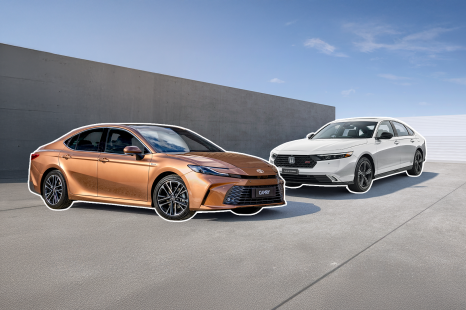

Andrew Maclean
2025 Honda Accord e:HEV RS vs Toyota Camry SL: Spec Battle
2 Months Ago

Marketplace Editor
The Porsche Taycan continues to bring first-time customers of the German brand into Australian showrooms, the company’s local arm says.
“Approximately 53 per cent of the orders so far have been from first-time purchasers, with many repeat buyers also returning for the new Taycan,” a Porsche Cars Australia spokesperson told CarExpert.
“With the introduction of our new all-electric Macan, we anticipate attracting a diverse range of customers, both existing Porsche owners and those new to the brand.”
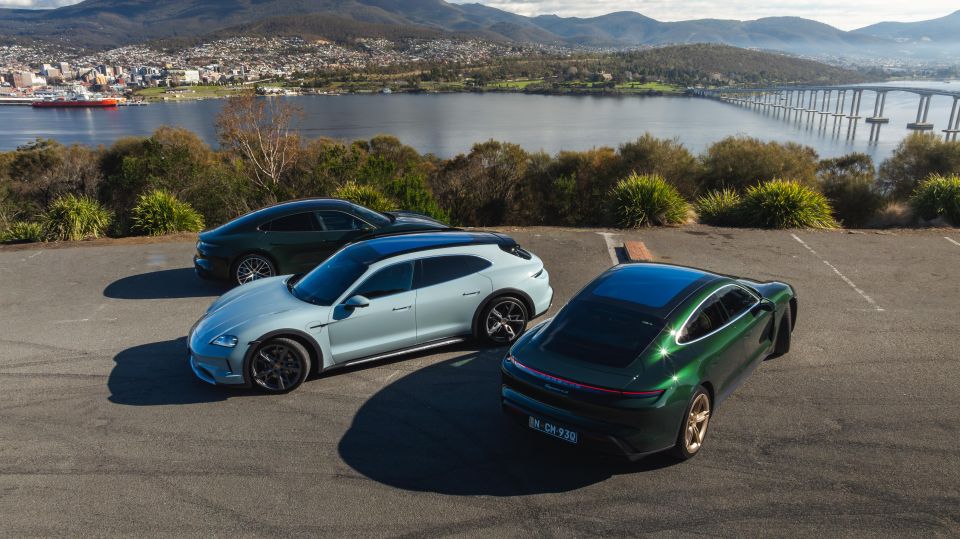
While sales of the first Taycan initially outpaced the marque’s iconic 911 sports car range when it launched Down Under, deliveries have slowed down quite a bit of late.
In 2023, there were 535 new Taycans delivered in Australia, up 24.4 per cent on 2022’s 430-unit run.
So far in 2024, the Taycan range is down 42.1 per cent again year to date (YTD) with 173 deliveries, but that’s likely been affected by the changeover between generations as the new model hits showrooms this week.
Still, the Taycan is well ahead of the petrol- and hybrid-powered Panamera (of which just 34 examples have been delivered from January to July), and is currently ahead of the ageing Boxster (165 deliveries).
Porsche’s global head office says there have been around 150,000 Taycans produced since its first all-electric vehicle first launched in 2019.
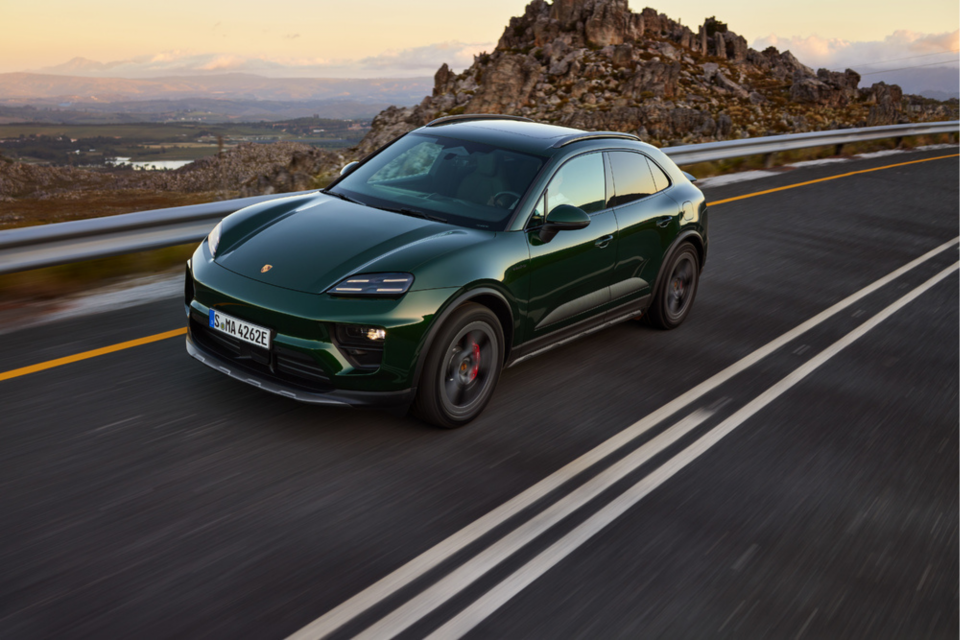
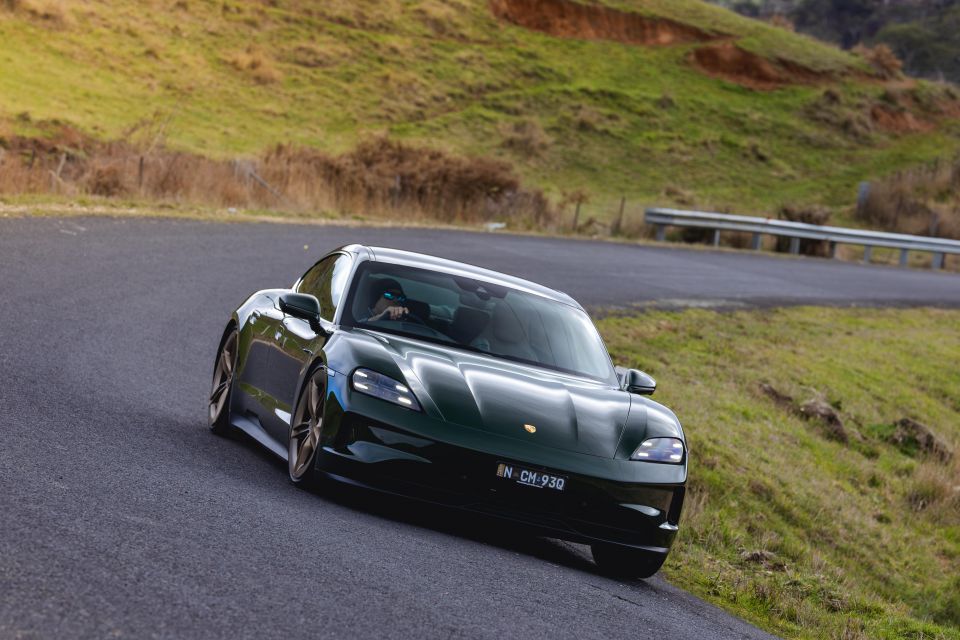
The heavily updated Taycan and all-new electric Macan are launching in an interesting period for electric vehicles (EV), as a number of manufacturers – including Porsche – have softened their EV goals after reporting cooling demand globally.
Just last month, a statement from Porsche AG published by Reuters indicated the company may not reach its overall sales goal of 80 per cent electric vehicles by 2030, based on recent customer demand.
“The transition to electric cars is taking longer than we thought five years ago. Our product strategy is set up such that we could deliver over 80 per cent of our vehicles as all electric in 2030 – dependent on customer demand and the development of electromobility,” the company said in its statement.
“Our product strategy is set up such that we could deliver over 80 per cent of our vehicles as all electric in 2030 – dependent on customer demand and the development of electromobility.”
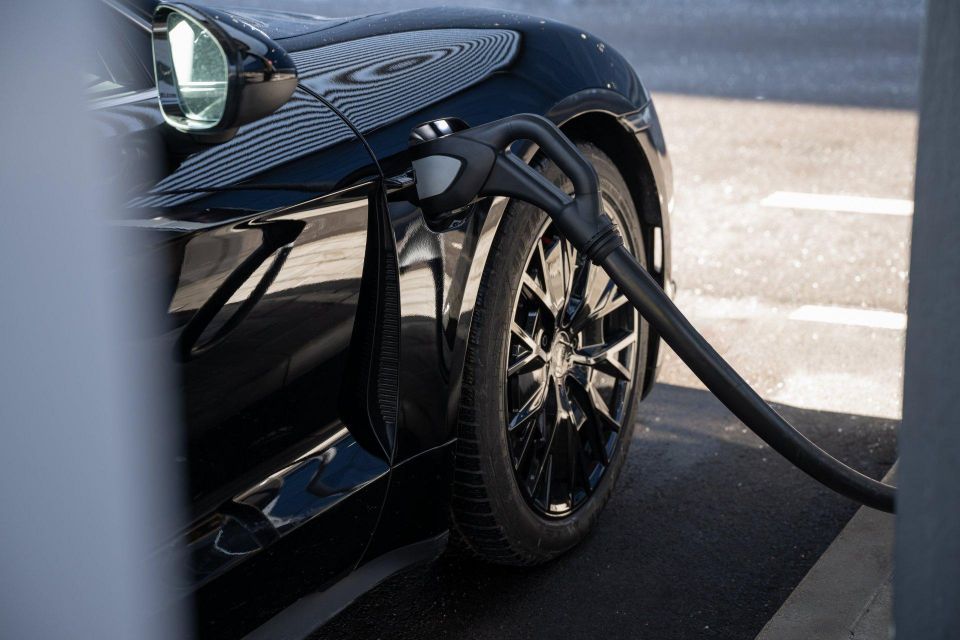
In effect, Porsche is saying it will still be able to produce enough EVs in 2030 to meet that initial goal, but demand for its internal combustion engine vehicles may still be strong at that point.
In the Taycan’s first full global year on sale in 2021, Porsche sold 41,296 examples of its luxury EV, the model’s highest annual sales to date.
While a 16 per cent dip to 34,801 sales in 2022 was attributed to “supply chain bottlenecks and limited component availability”, Porsche bounced back to sell 40,629 Taycans in 2023 amidst a generally strong year for the German marque.
German newspaper Stuttgarter Nachrichten also recently reported that Porsche’s Zuffenhausen plant, which produces the Taycan, will be moved from a two-shift to a single-shift production schedule off the back of slowing demand.
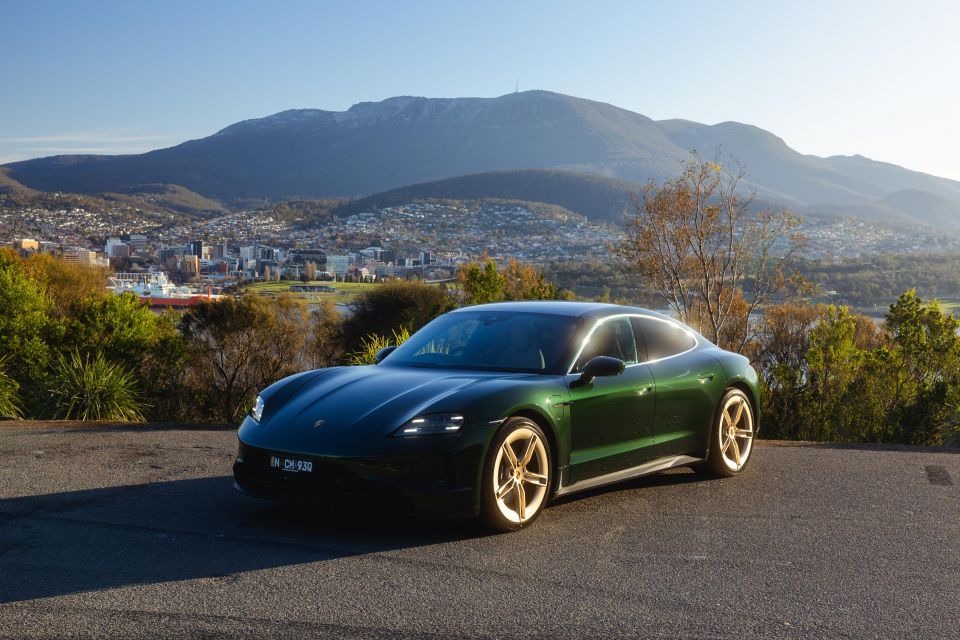
Asked about whether cooling EV demand globally had been reflected in local Porsche Centres, a spokesperson for Porsche Cars Australia said: “The electric vehicle market is undoubtedly evolving rapidly, and we closely monitor emerging trends and shifting consumer preferences”.
“The new Taycan only launches in Australia this weekend, and the new all-electric Macan will debut towards the end of the year, but there’s already strong enthusiasm from our loyal customer base as well as new customers.
“We anticipate that the momentum generated by the first generation Taycan as well as our petrol Macan models will continue to propel us forward with success in the electrified era ahead.”
MORE: Everything Porsche Taycan MORE: 2024 Porsche Taycan review
Where expert car reviews meet expert car buying – CarExpert gives you trusted advice, personalised service and real savings on your next new car.
James is an automotive journalist based in Melbourne, Australia. Before joining CarExpert.com.au in 2020, James has worked at leading auto media outlets including Carsales and CarAdvice, as well as at Pulse agency for Ford Australia's communications team. In 2019 James made Mumbrella's 'Top 20 most prolific web authors in Australia' list after publishing 1,360 articles between March 1, 2018 and February 28, 2019 for CarAdvice. James is also an Ambassador for Drive Against Depression – an Australian charity whose mission is to support mental wellness through the freedom of driving and a shared love of cars.


Andrew Maclean
2 Months Ago
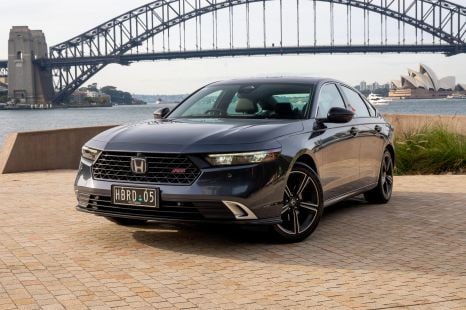

Andrew Maclean
2 Months Ago
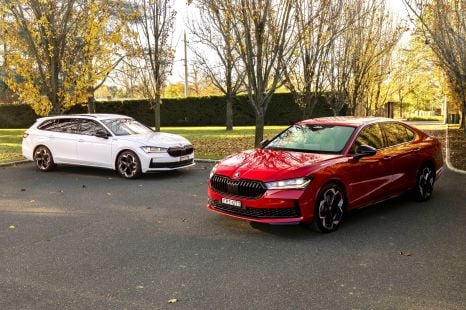

Max Davies
2 Months Ago
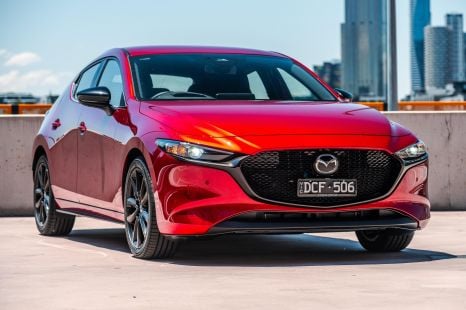

Josh Nevett
2 Months Ago
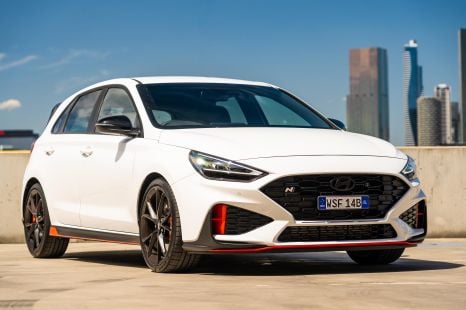

Josh Nevett
30 Days Ago
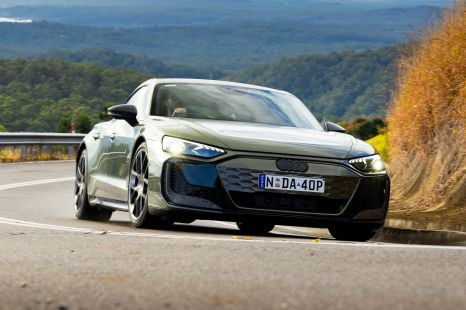

James Wong
25 Days Ago